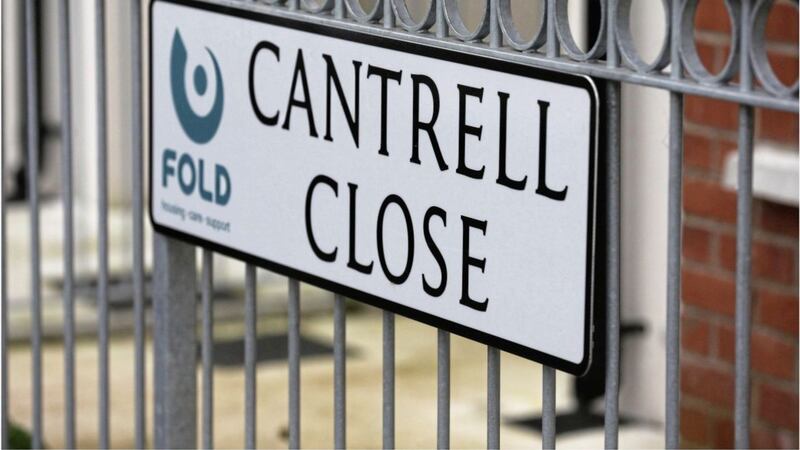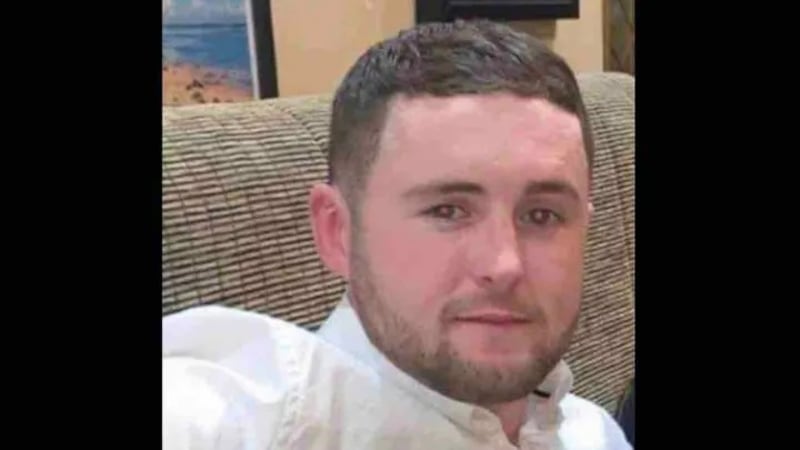ALMOST 500 people presented themselves as homeless in the past year as a result of paramilitary intimidation.
Figures obtained by The Irish News from the Housing Executive show that from April 2016 until March this year, a total of 477 people said paramilitaries had forced them from their homes.
It represents a 10 per cent increase on the total of 433 the previous year.
More than two-thirds of those affected in 2016/17 were awarded "full duty applicant status" and were accepted as being under genuine threat and in need of rehousing.
During the previous year there were 325 full duty applicants, up from 212 in 2011/12.
Recent months have also seen the high-profile case of Catholic families in the Cantrell Close 'shared housing' development in south Belfast being forced to flee their homes following threats blamed on the UVF.
Read more: Sectarian sign remains five days after police alerted
Narrow Water: Poppy wreaths damaged at site of 1979 bombing
Damage to war graves memorial in west Belfast cemetery condemned
Green Party MLA Clare Bailey said the figures suggested a "significant increase" in intimidation which was "probably no surprise given the political vacuum we are in".
She said it was "further evidence, if it were needed, that we have far to go in tackling hate crime in Northern Ireland".
"We have no hate crime legislation and again, we need a minister in place, an executive in place," she said.
"I really do think all the statutory agencies and bodies need to respond in a more appropriate manner when this happens and they have a legal obligation to uphold people's human rights and that responsibility doesn't fall solely on government".
A spokeswoman for the Housing Executive said the number of applicants awarded intimidation points was "small in proportion" to the total number of people accepted as homeless.
"In 2016/17 the number of applicants who were accepted as statutory homeless was 11,889," she said.
"Of those, 387 were accepted as meeting the criteria for the award of intimidation points, representing 3.3 per cent. Of those, 310 were accepted as intimidation by reason of paramilitary, 2.6 per cent."
She added: "In 2016/17, 6,501 allocations of social housing were made to applicants awarded statutory homeless status. Of those, 360 allocations were to applicants who had intimidation points, 5.5 per cent of all such allocations.
"Of those 360 allocations, 286 were awarded intimidation on the basis of paramilitary intimidation, that’s 4.4 per cent".
A spokesman for the the Department for Communities - which is responsible for housing - said it "utterly condemns all forms of intimidation".
"It is unacceptable that individuals and families are faced with homelessness as a result of the actions of some in our society," he said.
"To assist those in this situation, the department is investing some £35 million per annum in vital support services including preventing homelessness and providing temporary accommodation.
"Over the last Programme for Government period, 7,669 new social homes were started against a target of 7,500.
"Over 1,600 new homes commenced last year with a further 1,750 planned to start this year.
"Future social housing delivery will be subject to decisions on capital allocations made by incoming ministers."



